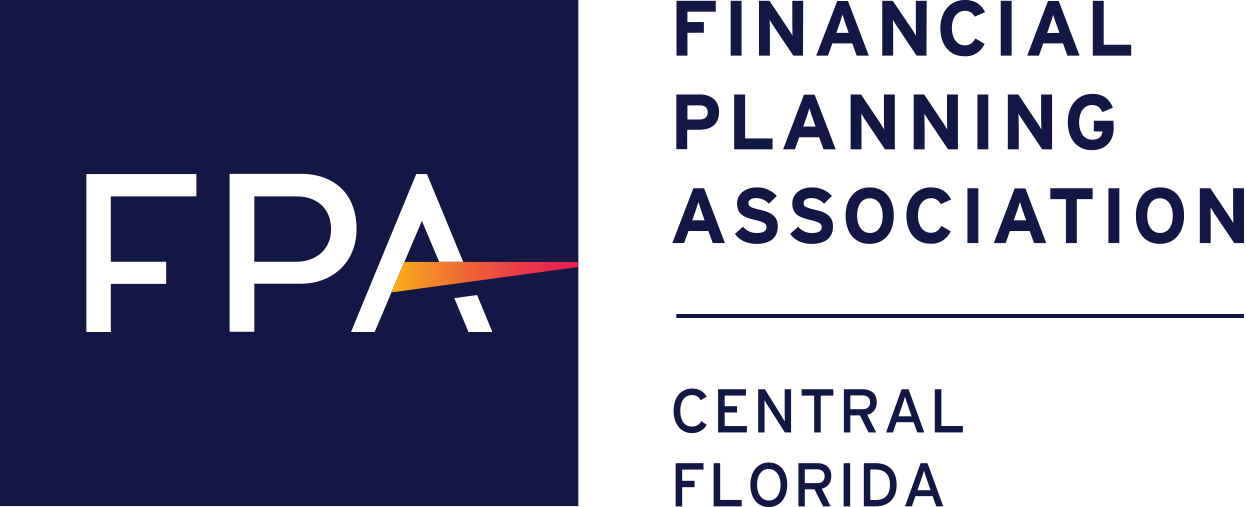
Finding Relief from Financial Anxiety During the Covid-19 Crisis: Suggestions to Alleviate Angst and Maintain Perspective About Money

If you’re stressed about your financial situation, if you’re worried about covering your expenses from week to week and month to month, if you’re fretting about your employment status or about finding work after losing your job, if you’re concerned about your health and anxious about what the future holds, you are not alone.
Pervasive feelings of concern, worry, stress and anxiety have accompanied the coronavirus outbreak. And for many people the source of these feelings goes well beyond financial issues, observes CERTIFIED FINANCIAL PLANNER™ (CFP®) professional and Financial Planning Association® (FPA®) member Susan Mitcheltree, partner at Berman McAleer, a wealth management firm in Timonium, Md.
“We thought we had certainty about so many things in our lives, and now that veil of certainty has been lifted,” she explains. “Now I think people realize how drastically life can change in a very short period of time. That can be anxiety-producing.”
Anxiety about finances, health and the like can indeed produce a sense of inertia, an overwhelming feeling of powerlessness that can lead to inaction, Mitcheltree adds. “Having uncertainty on so many levels can make it hard for a person to move forward.” That inaction can cause a person to lose a grip on their day-to-day financial responsibilities and lose sight of their big-picture financial goals. “You actually fall behind by staying still.”
At least on the household finances front, taking aim at the potential sources of financial anxiety with modest but meaningful steps is key to relieving the pressure and maintaining a firm handle on your finances. Among the steps that Mitcheltree and other CERTIFIED FINANCIAL PLANNER™ professional members of FPA suggest taking in pursuit of that relief:
• Start with some deep breathing. Spend a few minutes focused just on breathing from the base of your belly, up, then slowly out. Oxygen “helps to get a clear head and think coherently,” she says. A brisk walk, jog, run, meditation, yoga or some other form of exercise also helps to relieve stress, reframe the mindset and feel better about things.
• Stay grounded by reminding yourself of long-term goals. “You can't sail across the ocean in a straight line and you can't get to retirement and other long-term goals without some course adjustments,” says FPA member Mitchell Kraus, CFP® at Capital Intelligence Associates in Santa Monica, Calif. “Keep in focus that there will be some bumps in the road and review what you'll need to do to get your goals.
• Prioritize what is most important to you financially in the short term. Is it debt reduction? Reducing household spending. Finding a job? Applying for some form of government relief? “It’s probably not going to be possible to accomplish everything at the same time, so focus your efforts,” says Mitcheltree. “You cannot effectively fight two battles at once. Pick one battle and give it your all.”
• Create a written plan or strategy for meeting goals. “Big goals happen one step at a time, so put in the effort here to formulate a plan to accomplish your goal. If you want to pay down debt, what’s your plan? Which loan is first? Do you need to refinance or restructure any debt? What changes may you need to make to give you the excess funds to pay down the debt? When will it be paid off at this rate? Begin with the end in mind.”
People who already have a financial plan created by a financial professional are ahead of the game. If you don’t have such a plan, consider enlisting a financial professional to develop one on your behalf. CERTIFIED FINANCIAL PLANNER™ professionals are deemed essential during the health crisis and most remain open to serve the public via phone, video conference, email, etc. To find one in your area, check out the FPA’s searchable national database at www.PlannerSearch.org.
• Visualize what success will feel like. “The last and most important step is to see yourself – right now – achieving that goal,” Mitcheltree says. “Mentally go into the future and experience the other side of accomplishing this goal. The more real you make that feeling on the other side of the goal, the higher your likelihood of success. Don’t just say you want to get out of debt, go there in your head. How does that feel? Embrace that positivity now!”
• Reward yourself for successes! “An action plan with steps not only gives you a manageable way to reach your goal but countless opportunities to celebrate small wins along the way,” explains Mitcheltree. So be sure to reward yourself (and others in the household) for achieving a goal or taking an important step toward meeting that goal.
“This is critically important when you are tackling a BHAG — Big Harry Audacious Goal,” she notes. “The journey is as important as the destination because that is where you develop grit. And grit gets you through this goal and onto the next.”
• Regularly unplug from media. The constant stream of news and opinion about the pandemic, positive and negative, can feed a person’s sense of powerlessness and anxiety. Mitcheltree suggests turning off and tuning out the social media, television news, media pundits and other “noise” for significant periods of time. “It really helps you to be present in the moment, instead of living in the past or worrying about the future.”
• Recognize you have reasons to be grateful. Remember the good things you have in your life: family, friends, a caring community, being an American. Show the people around you your gratitude, perform small acts of kindness for others and find ways to stay connected with people and causes you care about.
“We’re all in this same storm together,” says Mitcheltree. “There’s a lot to be said for connecting with one another.”
June 2020 — This column is provided by the Financial Planning Association® (FPA®) and FPA of Central Florida, the principal membership organization for Certified Financial PlannerTM professionals.
FPA seeks to elevate a profession that transforms lives through the power of financial planning. Through a collaborative effort to provide members with tools and resources for professional education, business support, advocacy and community, FPA advances financial planning practitioners through every phase of their careers, from novice to master to leader of the profession. Please credit FPA of Central Florida if you use this column in whole or in part. The Financial Planning Association is the owner of trademark, service mark and collective membership mark rights in: FPA, FPA/Logo and FINANCIAL PLANNING ASSOCIATION. The marks may not be used without written permission from the Financial Planning Association.
